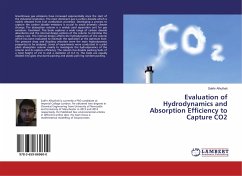This book assesses the application of the calcium looping technology for CO2 capture from cement plants. The cement industry contributes significantly to the anthropogenic CO2 emissions. Due to process inherent CO2 emissions, the application of CCS technologies is inevitable to fully decarbonise the cement sector and mitigate climate change. A comprehensive study regarding the suitability of various potential sorbents (i.e. limestone, raw meal and raw meal components) acting as CO2 carrier has been conducted using thermogravimetric analysis. Various integration options of the calcium looping technology into the cement clinker manufacturing process have been developed addressing different boundary conditions of the cement plants. The more mature options using fluidised bed reactors have been extensively studied at semi industrial scale. Furthermore, a novel concept using entrained flow reactors has been assessed by investigating the sorbent properties of various raw meals in such a system.

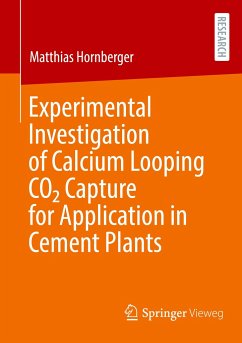
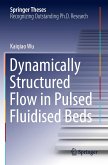
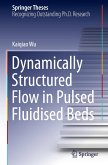
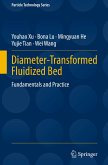
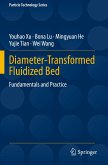
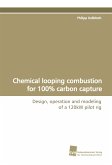
![Amine functionalized[Amim][Tf2N] ionic liquid properties & CO2 absorption Amine functionalized[Amim][Tf2N] ionic liquid properties & CO2 absorption](https://bilder.buecher.de/produkte/48/48432/48432870n.jpg)
